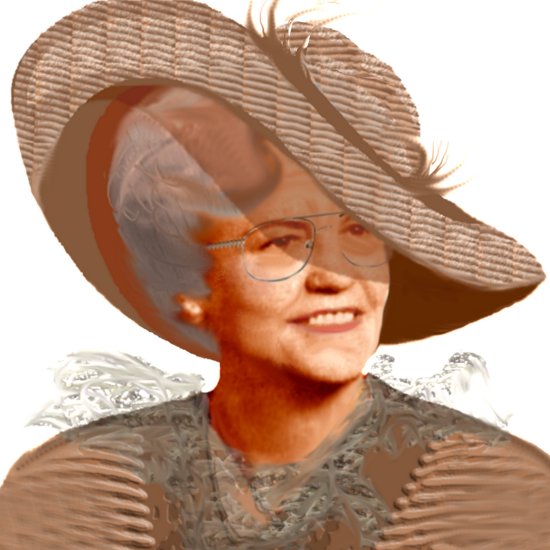Online Commentary
Interview with Eula McGill, December 12, 1974. http://docsouth.unc.edu/sohp/G-0039/G-0039.html You can choose to download or listen to an .mp3 interview or read the text. There is loss of audio at one point, and the transcript is lost there as well.[We have reprinted some article text for fear of loss due to being deleted by the original host.]
http://www.sohp.org/media/25th/25th_93c.html
Jacquelyn Dowd Hall, Spruill Professor of History and director of the Southern Oral History Program at the University of North Carolina at Chapel Hill, talks about Eula McGill
With An Ear Toward History
By Anne Blythe
Reprinted with permission from The Chapel Hill News.
Jacquelyn Dowd Hall was in Alabama for a human welfare conference last fall when a woman in her 90s, decked out in fashionable garb, stepped toward her.
Right off the bat, Hall recognized Eula McGill, an organizer in the Southern textile factory worker movement of the 1930s, whom she had interviewed in the late 1970s.
"There she was dressed to the nines, with this big hat on, and high heels, still a woman of just this immense presence, and she came up to me and spoke," the director of the Southern Oral History Program recalled recently. "And I hadn't seen her in all those years. It was just thrilling to see her still going."
If you ask Hall, who has been at the helm of the University of North Carolina at Chapel Hill's oral history program for the last quarter century, which are her favorites of the hundreds of interviews she's done, the petite woman hesitates much like a mother being called on to rank her children.
Yet, when she thinks back on all the interesting people whose life stories she has heard, Hall ventures that she would list McGill among the most intriguing. However, her answer, she cautions, is probably influenced somewhat by the flattering reunion in the fall.
"I was interested in her as a woman who'd had an unusual career," Hall said on a recent Monday, while sitting in the living room of her Tenney Circle home. "Because of her work, she had lived in motels most of her life. I just couldn't imagine a life without one place to call home."
During the several hours the women talked in the 1970s, Hall found out that, as she suspected, life on the road had not always been easy for McGill; thus her interview revealed a softer side of the organizer that news accounts rarely touched.
Eula McGill: From Textile Mill to Ethical Influence.

